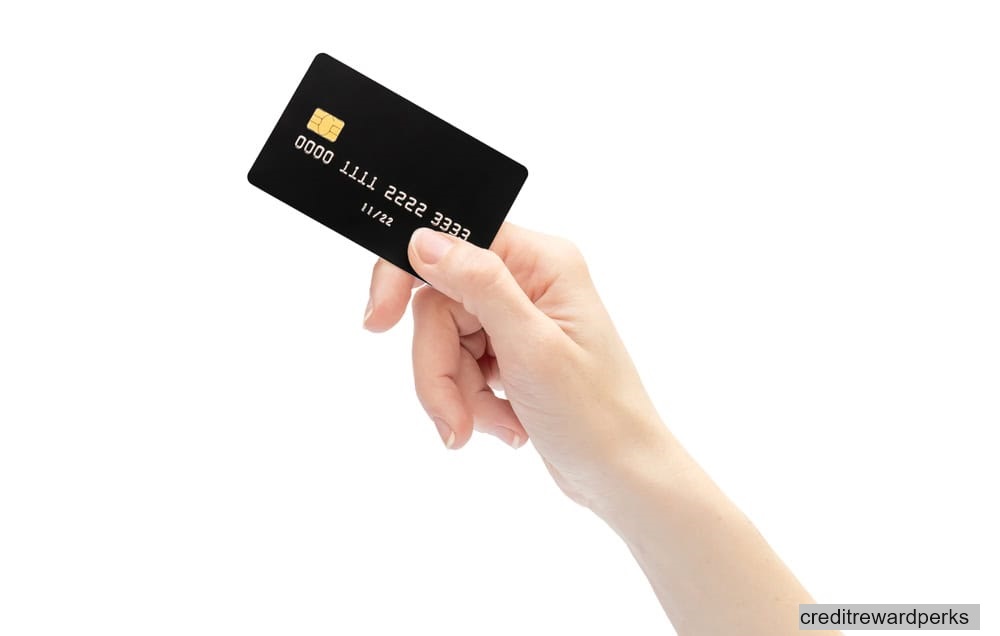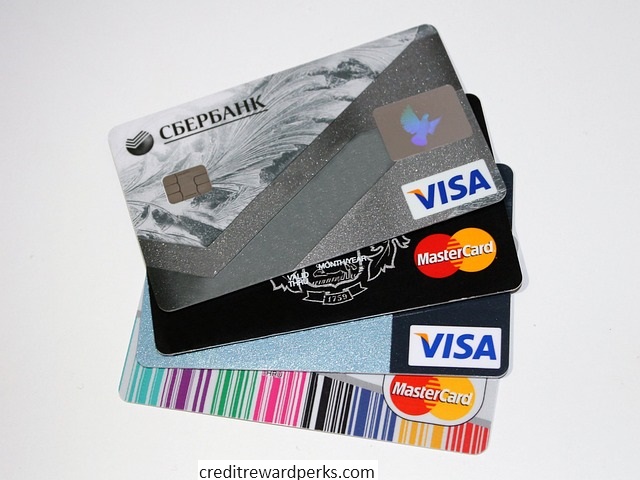I have 7 credit cards, and I’m not ashamed to admit it.
In fact, I’m proud of it. I know that might sound crazy to some people, but hear me out. I’ve found that having multiple credit cards can actually be beneficial if used strategically and responsibly.
The allure of multiple credit cards is undeniable. Each card offers different rewards, perks, and benefits, and it’s tempting to sign up for them all. But it’s important to be selective and only choose cards that fit your lifestyle and spending habits.
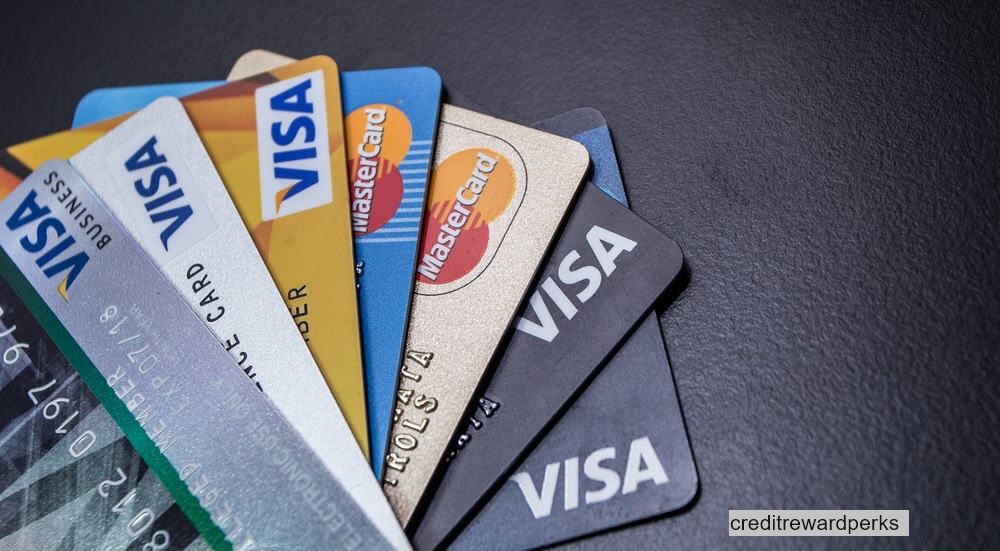
For me, I have a mix of travel rewards cards, cashback cards, and store-specific cards that I use regularly.
Breaking down the seven cards I have might seem overwhelming, but it’s actually quite manageable. I have a system in place to keep track of each card’s rewards, due dates, and balances. And by using each card for specific purchases, I’m able to maximize my rewards and earn more cashback or points. It takes a little bit of effort, but the rewards are worth it.
Key Takeaways
- Having multiple credit cards can be beneficial if used strategically and responsibly.
- Use a system to keep track of rewards, due dates, and balances.
The Allure of Multiple Credit Cards
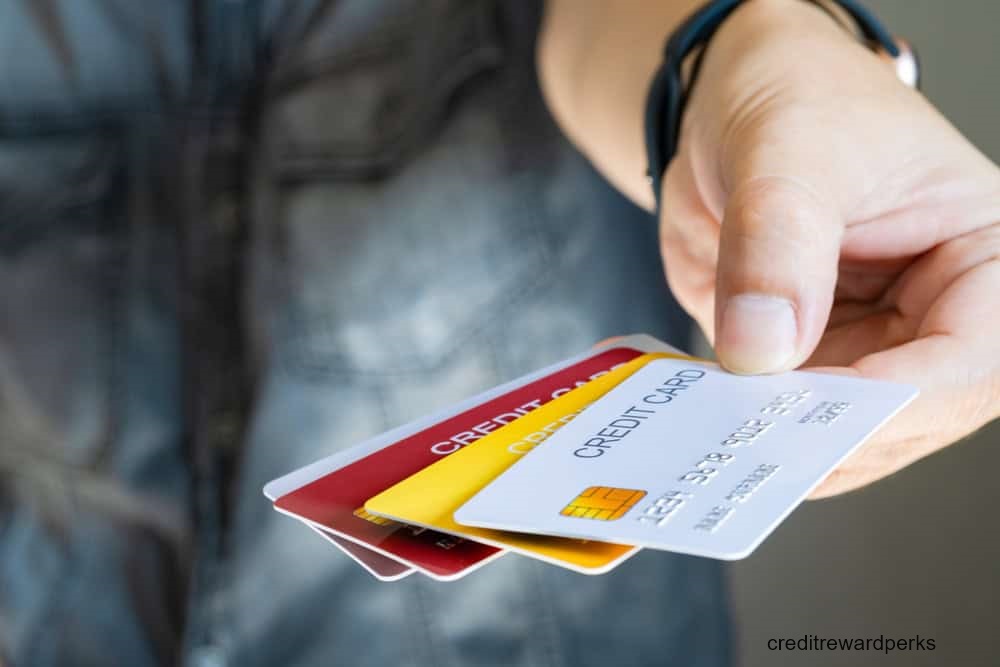
I have seven credit cards, and I find that having multiple cards offers several benefits. Here are a few reasons why I think having multiple credit cards is a good idea:
- Rewards: Each credit card comes with its own rewards program, and having multiple cards means I can take advantage of different rewards programs. For example, one of my cards offers cashback on groceries, while another offers travel rewards. By using the right card for the right purchase, I can maximize my rewards and earn more points or cashback.
- Credit utilization: Credit utilization is the amount of credit you’re using compared to the amount of credit you have available. Having multiple credit cards can help keep your credit utilization low. For example, if you have one card with a $10,000 limit and you’re using $5,000 of that credit, your credit utilization is 50%. But if you have two cards with $5,000 limits each and you’re using $2,500 on each card, your credit utilization is only 25%.
- Emergency backup: Having multiple credit cards can provide a backup in case of an emergency. If one card gets lost or stolen, I still have other cards I can use while waiting for a replacement. Additionally, if a card gets declined for some reason, I have other options to choose from.
- Building credit: Having multiple credit cards can help build your credit score if used responsibly. By making on-time payments and keeping your credit utilization low, you can demonstrate to lenders that you’re a responsible borrower. However, it’s important to note that having too many credit cards can also hurt your credit score if you’re not able to manage them all properly.
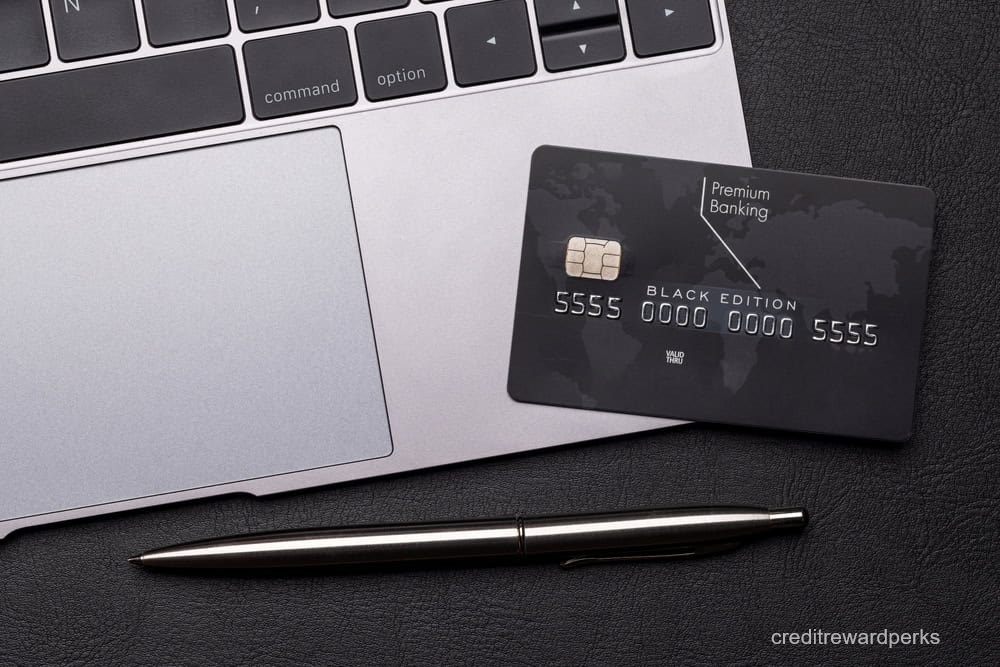
Breaking Down The Seven Cards
I have a total of seven credit cards, each with its own unique benefits and rewards program. Here’s a breakdown of each card:
- Rewards Credit Card: This card offers rewards each time I spend money, which can come in the form of travel benefits, cash back, or points that I can redeem. As a frequent traveler, I love earning airline miles that I can use to fly for free.
- Cashback Credit Card: This card gives me a percentage of cash back on my purchases, which is a great way to save money on everyday expenses. I use this card for groceries, gas, and other necessities.
- Balance Transfer Credit Card: This card allows me to transfer high-interest debt from other cards to this one, which has a lower interest rate. This helps me save money on interest and pay off my debt faster.
- Low-Interest Credit Card: This card has a low interest rate, which is helpful if I need to carry a balance from month to month. I use this card for larger purchases that I can’t pay off right away.
- Store Credit Card: This card is specific to a particular store and offers rewards and discounts for shopping there. I use this card for purchases at that store and take advantage of the rewards program.
- Travel Credit Card: This card is specifically designed for travel-related expenses, such as flights, hotels, and rental cars. It offers rewards and benefits that are tailored to frequent travelers like myself.
- Secured Credit Card: This card requires a security deposit and is designed for individuals with poor credit or no credit history. It’s a great way to build credit and establish a positive credit history.
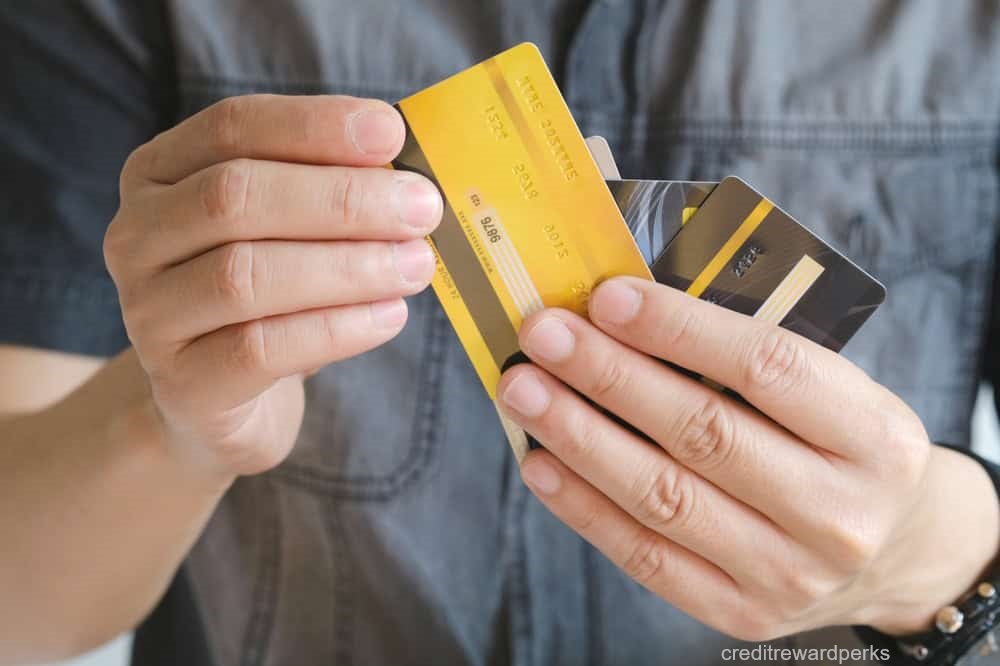
Strategic Use of Credit Cards
As someone who has 7 credit cards, I know that using them strategically can bring a lot of benefits. Here are some of the ways I use my credit cards to my advantage:
Travel Perks
One of the biggest perks of using credit cards is the travel rewards. Many credit cards offer points or miles that can be redeemed for flights, hotels, and other travel expenses. I make sure to use my travel rewards credit cards for all of my travel expenses, which helps me save a lot of money on flights and hotels.
In addition to travel rewards, some credit cards also offer other travel perks like airport lounge access, free checked bags, and travel insurance. These perks can make traveling much more enjoyable and stress-free. I love the lounge perk. I found they have big comfy couches and chairs.
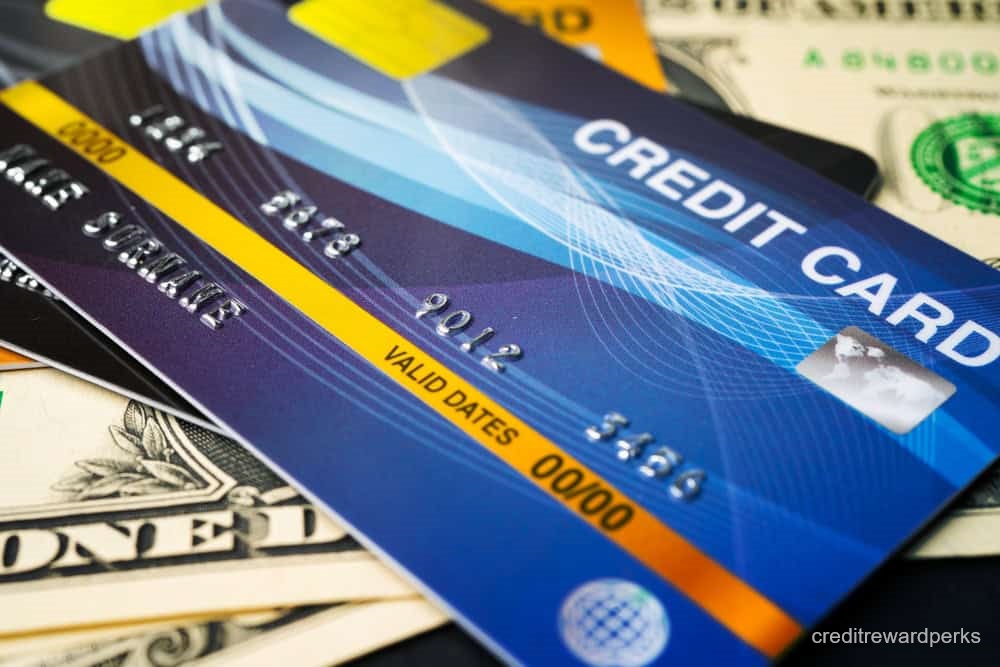
Cash Back Rewards
Another way I use my credit cards strategically is by taking advantage of cash back rewards. Many credit cards offer cash back on certain purchases, such as groceries, gas, or dining out. By using the right credit card for each purchase, I can earn cash back on almost everything I buy.
Some credit cards also offer sign-up bonuses or other incentives for spending a certain amount of money within a certain time frame. I always make sure to take advantage of these offers when they are available.

Building Credit Score
Finally, using credit cards responsibly can also help improve your credit score. By making on-time payments and keeping your credit utilization low, you can show lenders that you are a responsible borrower. This can help you qualify for better interest rates on loans and credit cards in the future.
Of course, it’s important to use credit cards responsibly and avoid carrying a balance or overspending. But when used strategically, credit cards can be a valuable tool for earning rewards, saving money, and improving your credit score.
Managing Multiple Payments
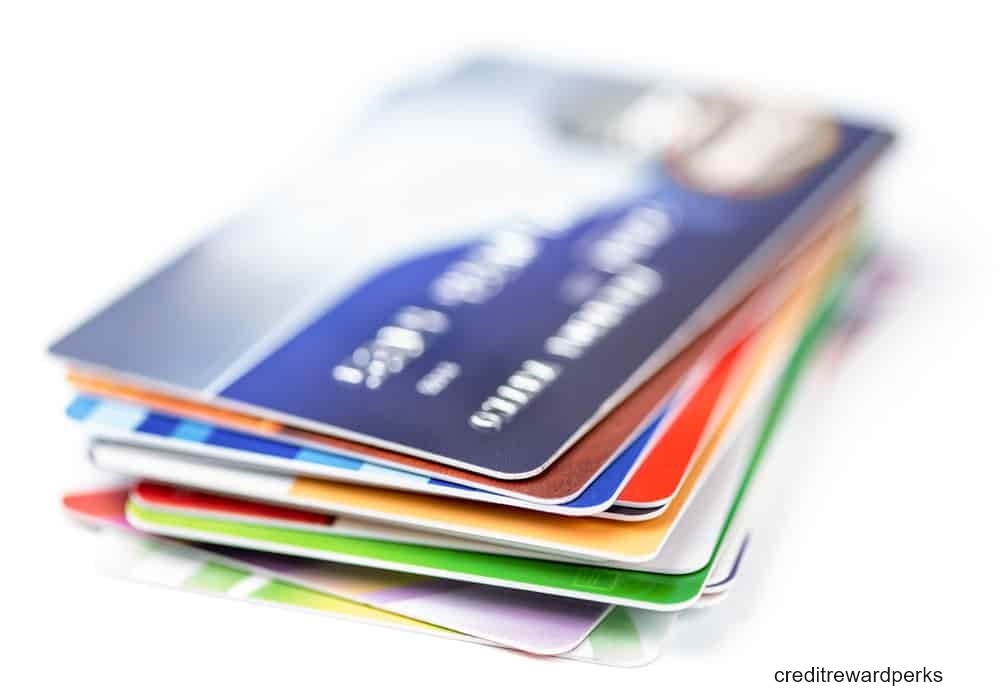
When you have multiple credit cards, keeping track of payments can be overwhelming. However, with some planning and organization, it is possible to manage multiple payments efficiently. Here are some tips that have worked for me:
Automatic Payments
Setting up automatic payments is a great way to ensure that you never miss a payment. Most credit card companies allow you to set up automatic payments through their website or mobile app. You can choose to pay the minimum amount due, the full balance, or a specific amount.
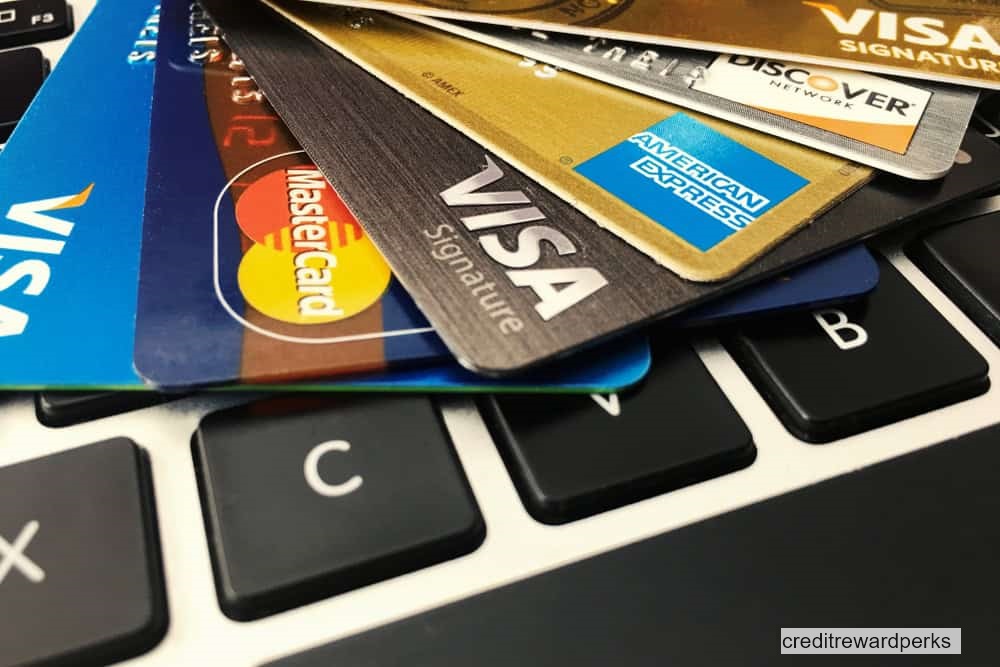
I prefer to set up automatic payments for the minimum amount due, so I never miss a payment. Then, I make additional payments manually throughout the month to pay off the balance faster and avoid interest charges.
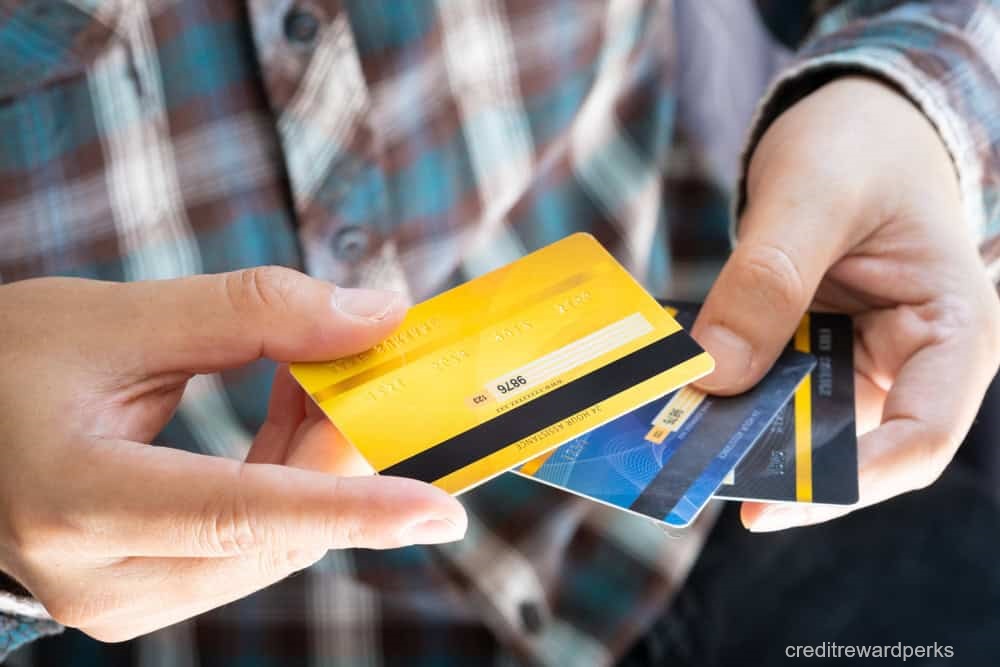
Payment Scheduling
Scheduling payments is another way to manage multiple credit card payments. I like to schedule payments for each credit card on a specific day of the month. For example, I schedule payments for my first credit card on the 5th of every month, my second credit card on the 10th of every month, and so on.
This helps me keep track of when payments are due and ensures that I am not missing any payments. I also like to schedule payments a few days before the due date, just in case there are any delays or issues with the payment processing.
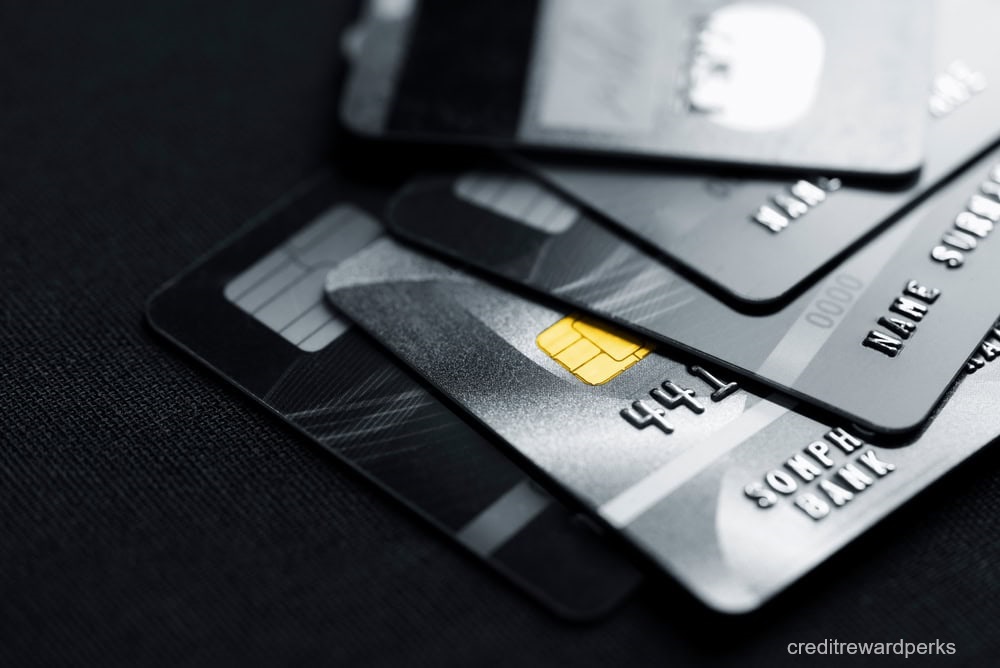
Dealing with Interest Rates
As someone who holds multiple credit cards, I know how important it is to keep track of interest rates. Here are a few things I’ve learned about dealing with interest rates:
Understanding APR
APR, or Annual Percentage Rate, is the interest rate charged on your credit card balance. It’s important to understand how APR works and how it affects your credit card payments. The higher the APR, the more interest you’ll pay on your balance.
To avoid paying high interest rates, I always make sure to pay my credit card balance in full each month. This way, I don’t have to worry about accruing interest on my purchases. However, if you can’t pay your balance in full, it’s important to at least make the minimum payment to avoid late fees and penalties.

Balance Transfer Cards
If you have a high-interest credit card balance, one option to consider is a balance transfer card. These cards allow you to transfer your balance from a high-interest card to a new card with a lower interest rate.
Before applying for a balance transfer card, make sure to read the terms and conditions carefully. Look for cards with a low or 0% introductory APR, but also make sure to check what the APR will be after the introductory period ends. Additionally, check for any balance transfer fees that may apply.
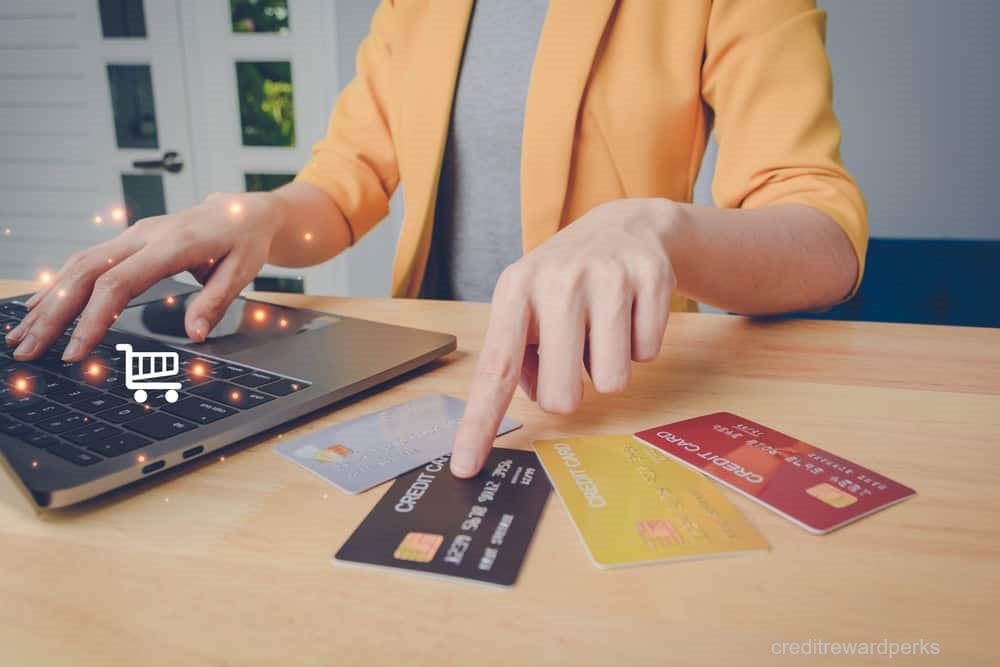
Potential Pitfalls
While having multiple credit cards can offer various benefits, it’s essential to be aware of the potential pitfalls that come with them. Here are a few things to keep in mind:
Debt Accumulation
One of the most significant risks of having multiple credit cards is the temptation to overspend. It’s easy to fall into the trap of thinking that because you have access to more credit, you can spend more. However, this can quickly lead to debt accumulation, which can be difficult to pay off.
To avoid this, it’s crucial to create a budget and stick to it. I make sure to keep track of my spending and limit my credit card usage to essential purchases only. I also prioritize paying off my balances in full each month to avoid accruing interest charges.

Credit Score Impact
Another potential pitfall of having multiple credit cards is the impact it can have on your credit score. Applying for multiple credit cards within a short period can lead to hard inquiries on your credit report, which can lower your score.
To minimize this risk, I only apply for new credit cards when necessary and space out my applications over several months. I also make sure to keep my credit utilization ratio low by not maxing out my credit cards and paying my balances on time.
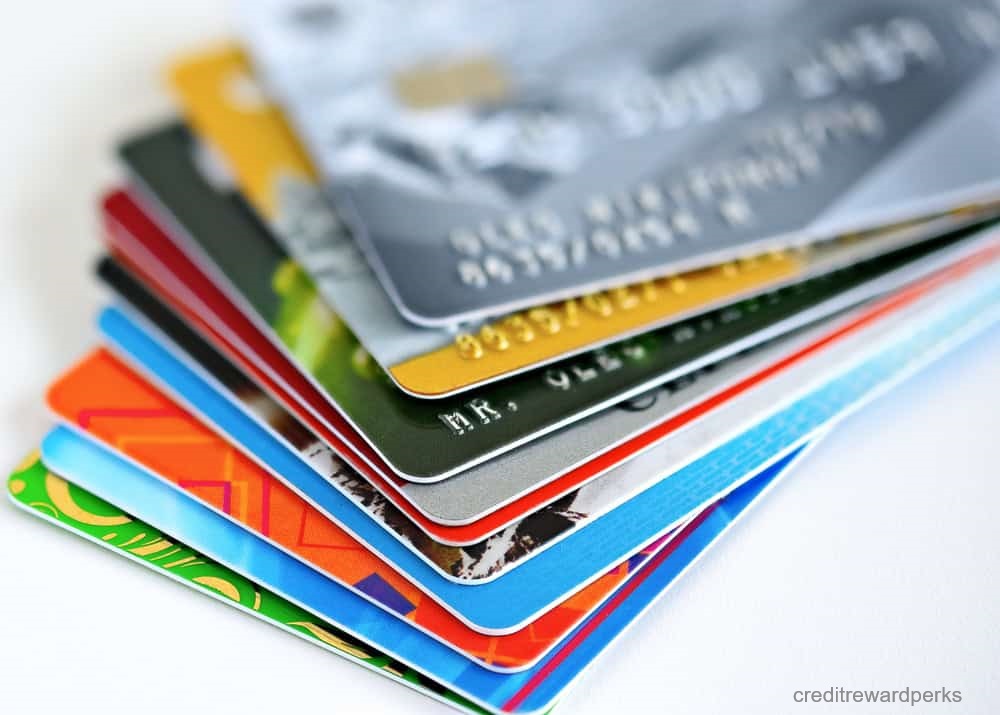
Precautions to Take
As someone who has multiple credit cards, I know the importance of taking precautions to ensure that my finances are secure. Here are a few tips that I follow to keep my credit cards safe:
Regular Monitoring
I make it a point to regularly monitor my credit card statements to ensure that there are no unauthorized charges. This helps me catch any fraudulent activity early on and take necessary action. I also keep an eye on my credit score and report to make sure that there are no errors or suspicious activity.
Staying Below Credit Limit
Another precaution that I take is to stay below my credit limit. This not only helps me avoid overspending, but it also reduces the risk of identity theft and credit card fraud. I keep track of my spending and make sure to pay off my balances in full and on time to avoid any interest charges.
By taking these precautions, I am able to use my credit cards in a responsible and safe manner.

The Psychology Behind Seven Cards
I know what you’re thinking: “Seven credit cards? That’s insane!” But hear me out. There are actually some psychological reasons why I have seven cards.
First of all, having multiple cards can actually improve your credit score. This is because it shows that you can handle credit responsibly and manage multiple accounts at once. Of course, this only works if you’re able to keep up with all of your payments and avoid carrying a balance.

Another reason I have multiple cards is that each one offers different rewards and benefits. For example, one card might offer cash back on groceries, while another might offer travel rewards. By using each card strategically, I can maximize my rewards and save money in the long run.
But perhaps the biggest reason I have multiple cards is that they give me a sense of security. If one card gets lost or stolen, I have backup options to fall back on. Plus, having multiple cards means that I always have a way to pay for unexpected expenses or emergencies.
Of course, having seven cards isn’t for everyone. It requires a lot of organization and discipline to keep track of all your payments and rewards. But for me, the benefits outweigh the risks, and I feel confident in my ability to manage my credit responsibly.
